Have you ever wondered why Cats groom themselves?
A typical cat will spend about half of their waking hours grooming. Making Cats an especially clean pet however, occasionally grooming can turn into an addiction but I’ll discuss that a bit later.
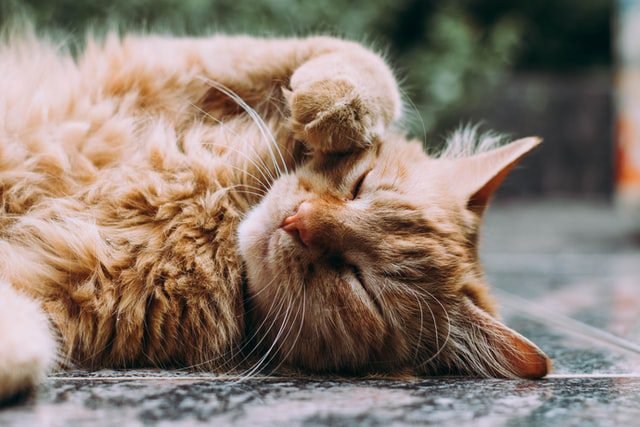
After giving birth, the mother cat’s first task is to remove the membrane before licking the newborn kitten to encourage breathing. She will lick the kitten’s rear end to encourage the kitten to pee and poop later on when the kitten starts feeding.
By the time they are a few weeks old, kittens and copying their Mothers actions by starting to groom themselves. They will probably lick and groom one another as well if they are a litter.
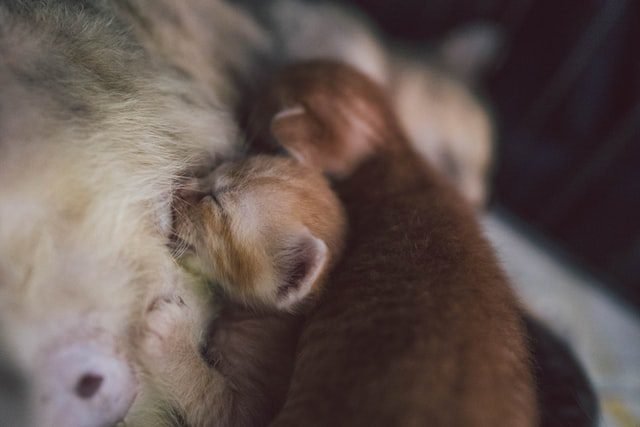
Grooming serves a variety of benefits beyond plain cleanliness. The most significant are listed below. Cats have a natural tendency to lick sore or irritated regions, including wounds. Even though it would at first seem beneficial for the cat to remove the filth and blood from the wound, frequent licking can cause an infection and slow the healing process.
A cat’s sense of smell is over a dozen times stronger than ours and, like that of other predators, it is utilised to find prey.
Cats in the wild are well aware of this, therefore a mother with newborn kittens will conceal indications that she has them by properly cleaning herself and her younger ones after nursing. So I believe that this is just something that our modern day cats have maintained over the many years they’ve existed.
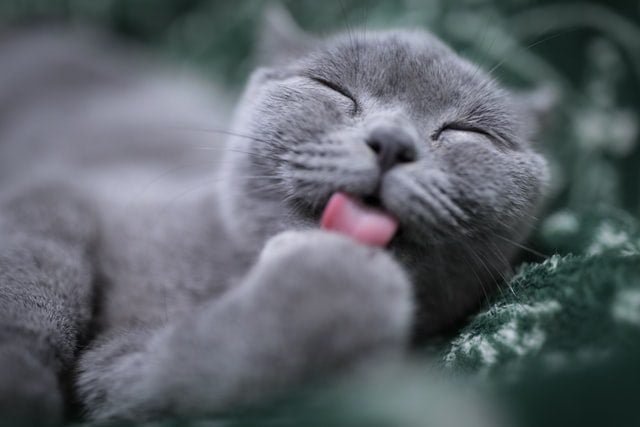
When cats groom, the sebaceous glands at the base of their hairs are stimulated by their barb-like tongues, which then disseminate the resulting oil throughout the hairs.
Their self-grooming also assists in getting rid of dirt, other filth and fleas from their coat.
Also, because cats don’t have sweat glands, their saliva helps with cooling them off during the hotter days. They truly do seem to like grooming themselves, regardless of any other factors. They certainly give me the notion that it’s not the worst sensation in the world. The will groom their buddies too as well as their human companions (aka their humble servants).
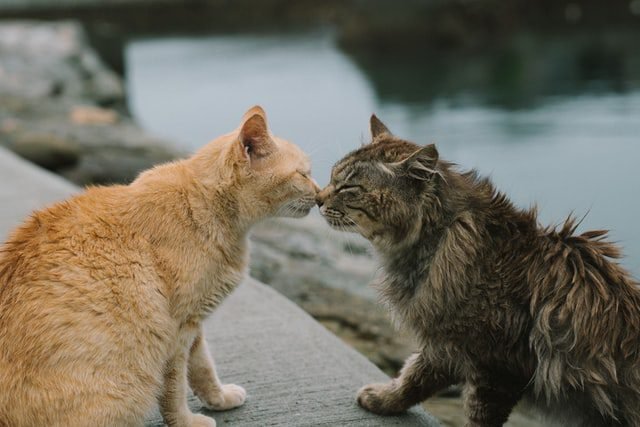
Excessive grooming can sometimes progress into severe OCD, resulting in blisters on the skin and bald areas. Stress is a common cause of a cat’s excessive grooming, and it can also be due to change, as cats absolutely hate change; simply changing furniture around can stress them out. The death of a beloved human companion might sometimes trigger compulsive grooming. Before assuming that they are ‘stressed out’, check out a few things to rule out any physical causes, such as flea bites, worms or itching due to an allergy that you are unaware of.
Frequent grooming can also be caused by being separated from their mother too early in their life. As long as you keep them in a safe, loving and stable home setting, they will do this less and less over time until it completely ceases.
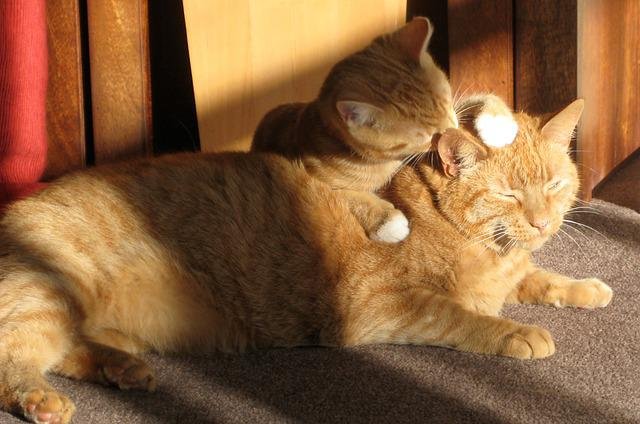


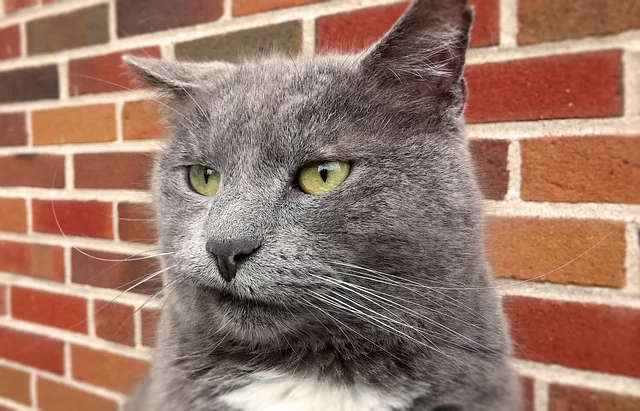
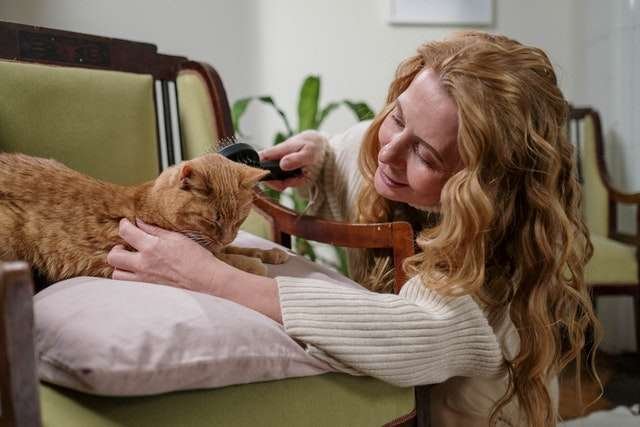
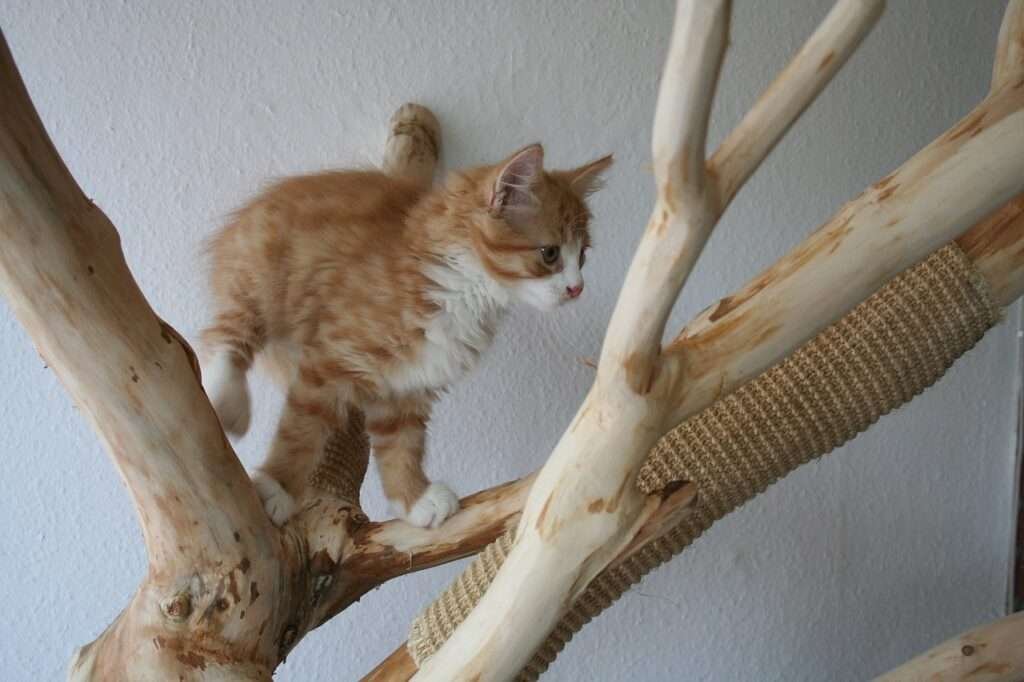
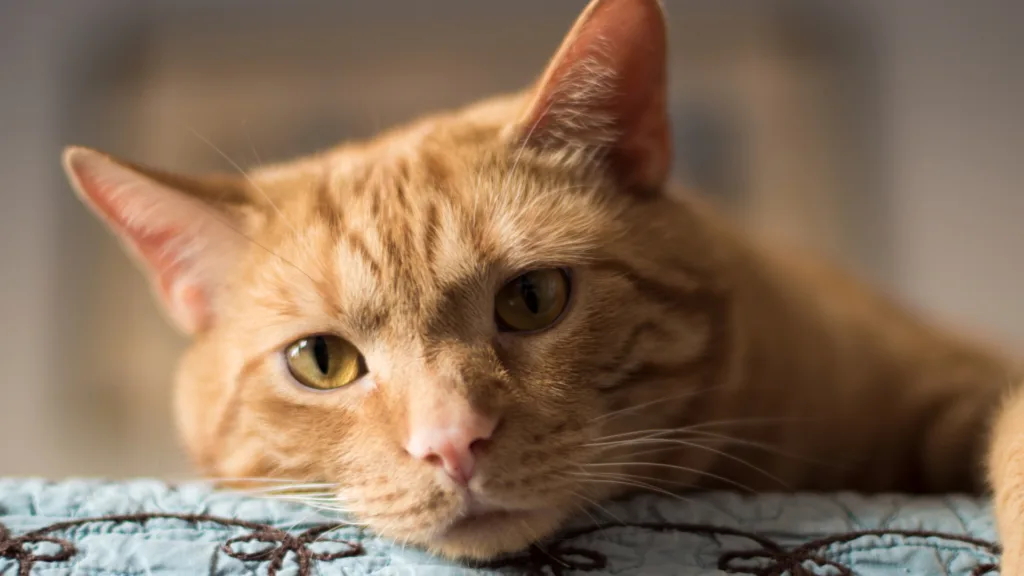
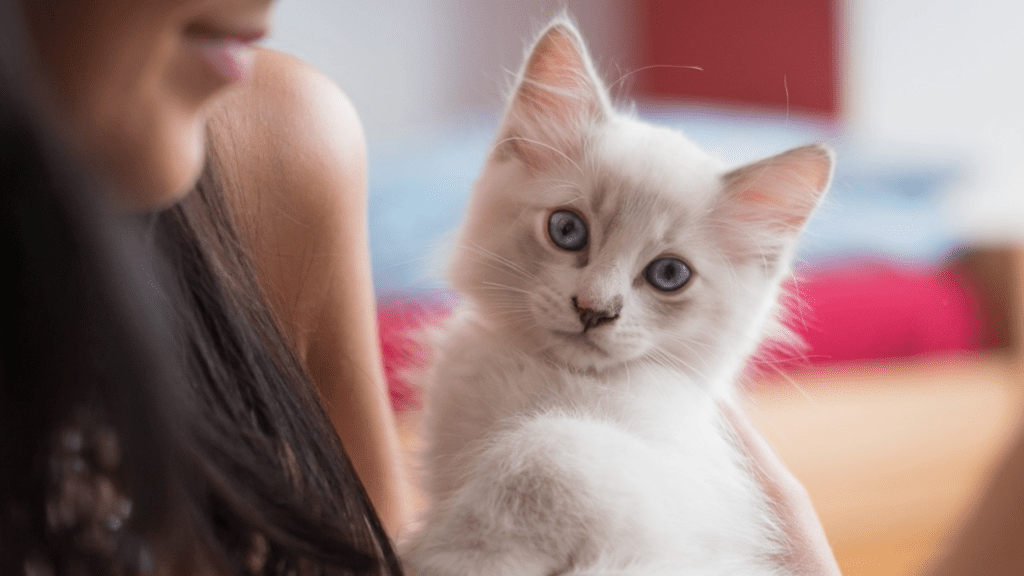
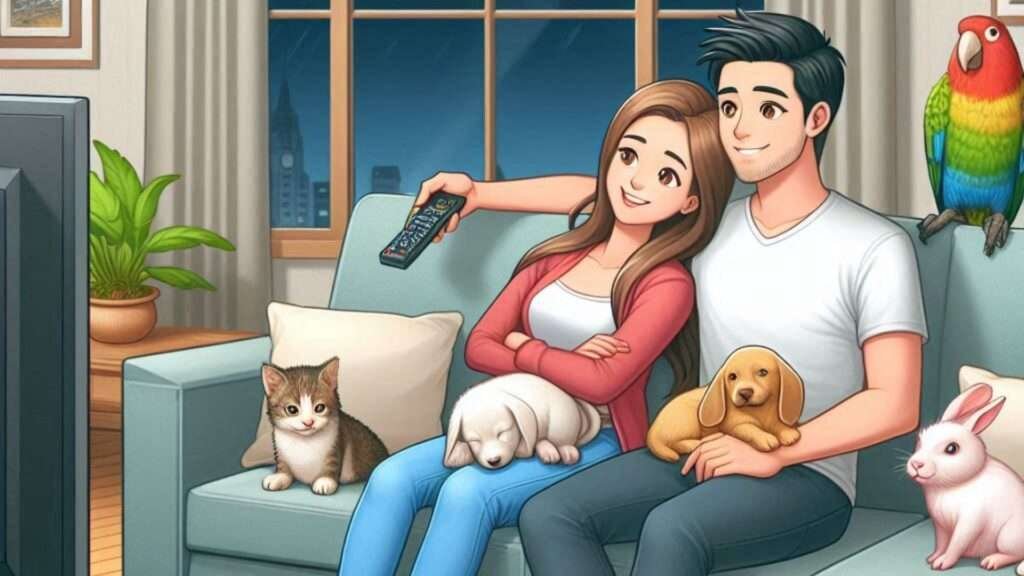
[…] WHY DO CATS GROOM THEMSELVES SO MUCH? […]